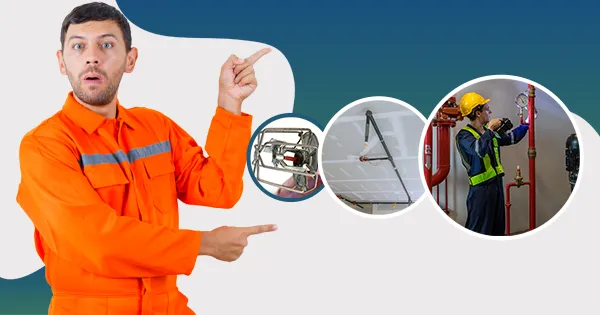Why Fire Sprinkler System Maintenance Matters
Fire sprinkler systems are one of the most critical components of a building’s safety infrastructure. Regular maintenance ensures that these systems function optimally when needed most—during an emergency. Neglecting routine inspections and servicing can lead to malfunctioning systems, non-compliance with fire codes, and ultimately, increased risk to lives and property.
Regulatory Compliance and Insurance Requirements
In the UK, businesses are legally required to ensure their fire protection systems meet regulatory standards. This includes regular testing, inspection, and certification. Insurance providers also typically mandate proof of ongoing maintenance to validate coverage. Failure to comply can result in fines, loss of insurance, or even closure of the facility.
Preventing Failures Before They Happen
Routine maintenance checks for wear, corrosion, blockages, and faulty components in the sprinkler system. This proactive approach helps identify issues early and prevents costly damage. Services like building maintenance play a vital role in ensuring fire systems are not only inspected but also that the physical integrity of the infrastructure remains sound.
Enhancing Overall Safety Protocols
Well-maintained fire sprinkler systems reduce emergency response times and increase the chances of suppressing fires before they spread. Integrating fire safety checks with broader facility management tasks—such as deep cleaning—can ensure there’s no debris or buildup around sprinkler heads that could impair functionality.
Conclusion
Fire sprinkler system maintenance is not a one-time task—it’s a recurring responsibility that ensures reliability and legal compliance. By coupling this with other facility upkeep services, businesses can create a safer, more resilient environment for everyone inside. Don’t wait for a fire to discover a failure—act today.


